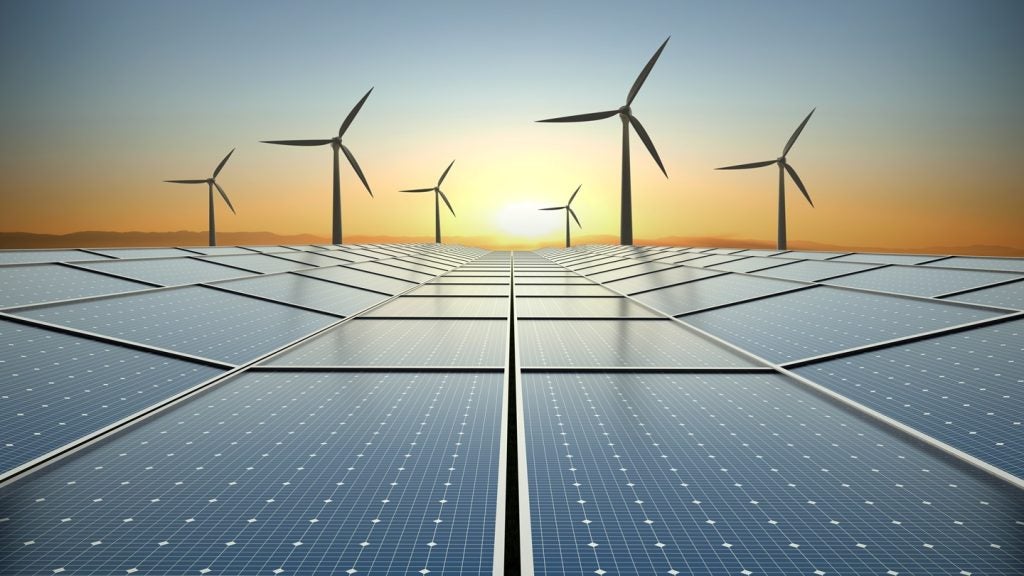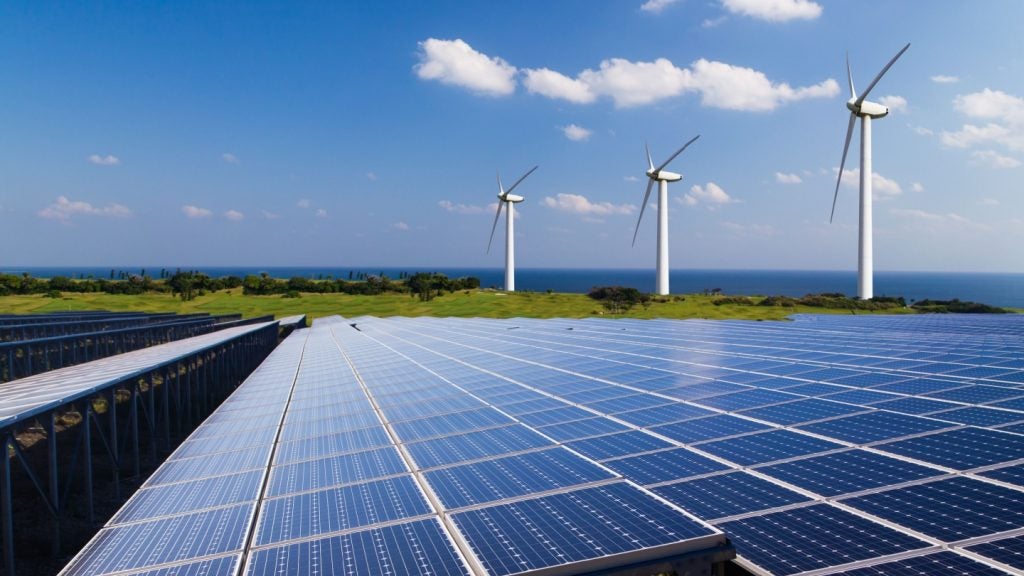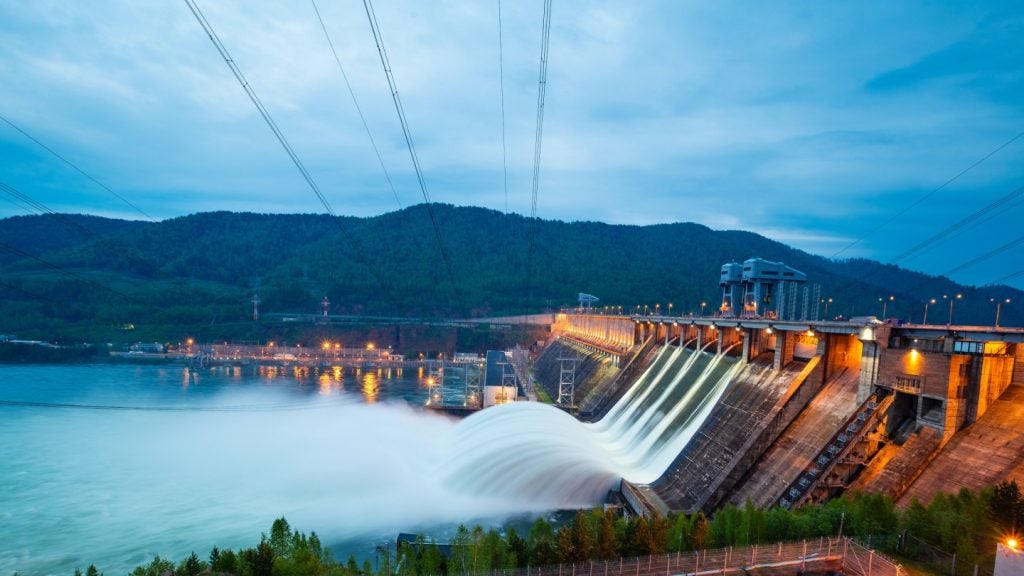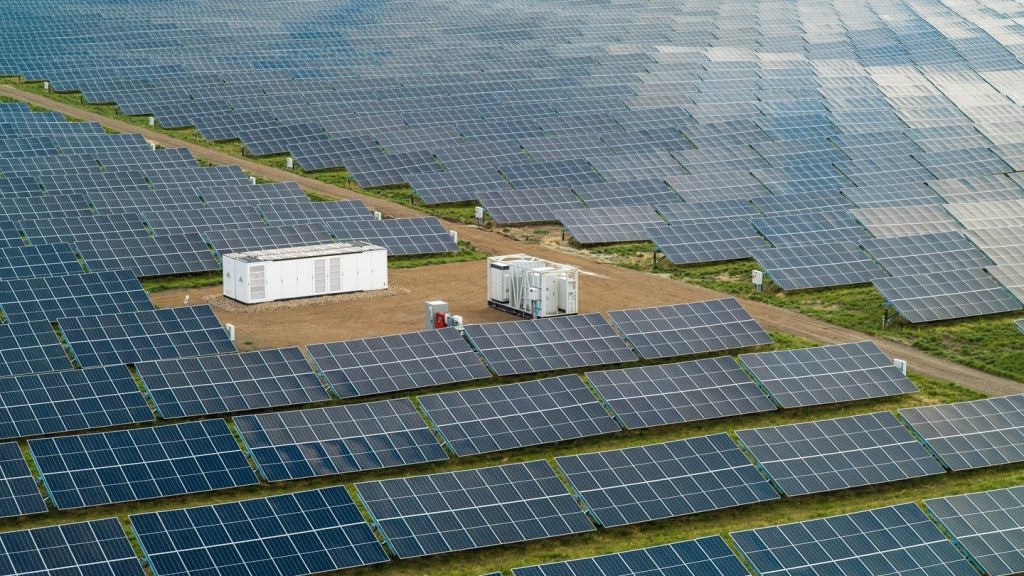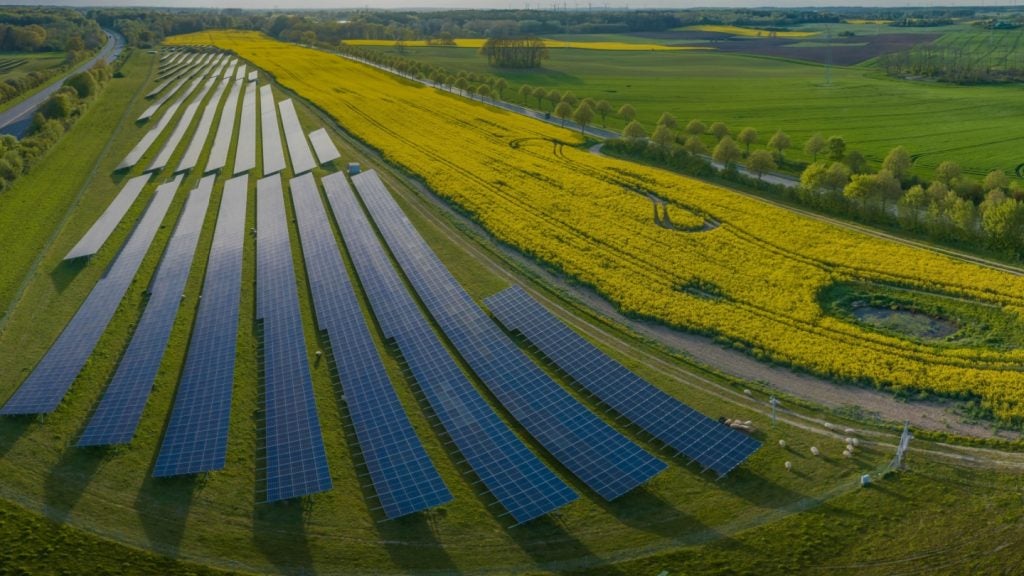India has reached a significant milestone in its transition to clean energy by achieving 50% of its installed electricity capacity from non-fossil fuel sources, surpassing its 2030 target under the Paris Agreement five years early.
In the first half of 2025, India's renewable power output saw its fastest growth since 2022 while coal-fired generation decreased by nearly 3%, according to a Reuters report.
Despite this progress, fossil fuels still contributed to more than two-thirds of the total increase in power generation in 2024.
To address rising energy demands, India is planning to expand its coal-fired capacity by 80 gigawatts (GW) by 2032.
The country had previously fallen short of its 2022 renewable target of 175GW. However, it has since accelerated its solar and wind energy projects.
Looking forward, India aims to achieve 500GW of non-fossil capacity by 2030, which includes contributions from hydro and nuclear power sources.
The Indian Government is promoting further decarbonisation through the adoption of battery storage, circularity in solar and wind component production, and the development of green hydrogen.
In 2024, nearly 28GW of solar and wind energy were added to India's capacity, with an additional 16.3GW from wind and solar added in the five months this year, leading up to May.
As of the end of last month, renewable energy, excluding large hydro, constituted approximately 184.6GW.
In a parallel move, the Indian Government has relaxed the 2015 mandate requiring coal-fired power plants to install flue-gas desulphurisation (FGD) systems.
This change is expected to cut electricity costs by Rs0.25 ($0.0029) to Rs0.30 per unit, as stated by government officials.
The new regulations will be enforced only for plants within 10km of cities with populations exceeding one million, exempting nearly 79% of India's thermal power capacity.
Plants in critically polluted areas or non-attainment cities will undergo individual assessments.


